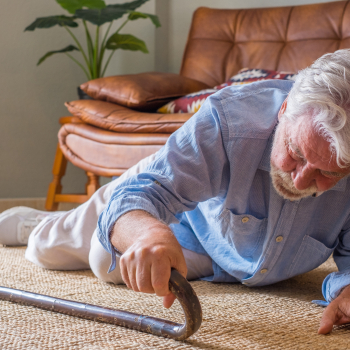When a single person or a married couple decide to do estate planning, or asset protection planning, a key question is who to name as an Executor, Trustee, Power of Attorney, and Healthcare decision maker, called the Healthcare Representative. Let’s look at a typical married couple with children. Assume both are healthy and middle aged and their kids have no medical problems. They need standard powers of attorney so that each of them can sign for the other. But any older couple must consider that if one of them becomes incapable, or dies, a backup power of attorney is needed. That backup must have good judgment, be fair minded, and have the ability to handle financial matters. Let’s face it, some adult children simply do not have good financial skills or judgment. And in rare cases, they would not be fair to their siblings. That child should not be given a power of attorney, because finances could be mismanaged or siblings shortchanged. So the parents should choose as backup, children who are capable of handling the parents financial affairs, who have the parents’ welfare at heart, and who will treat their siblings fairly. If two or more children are to act, it should only be done if they would be cooperative.










